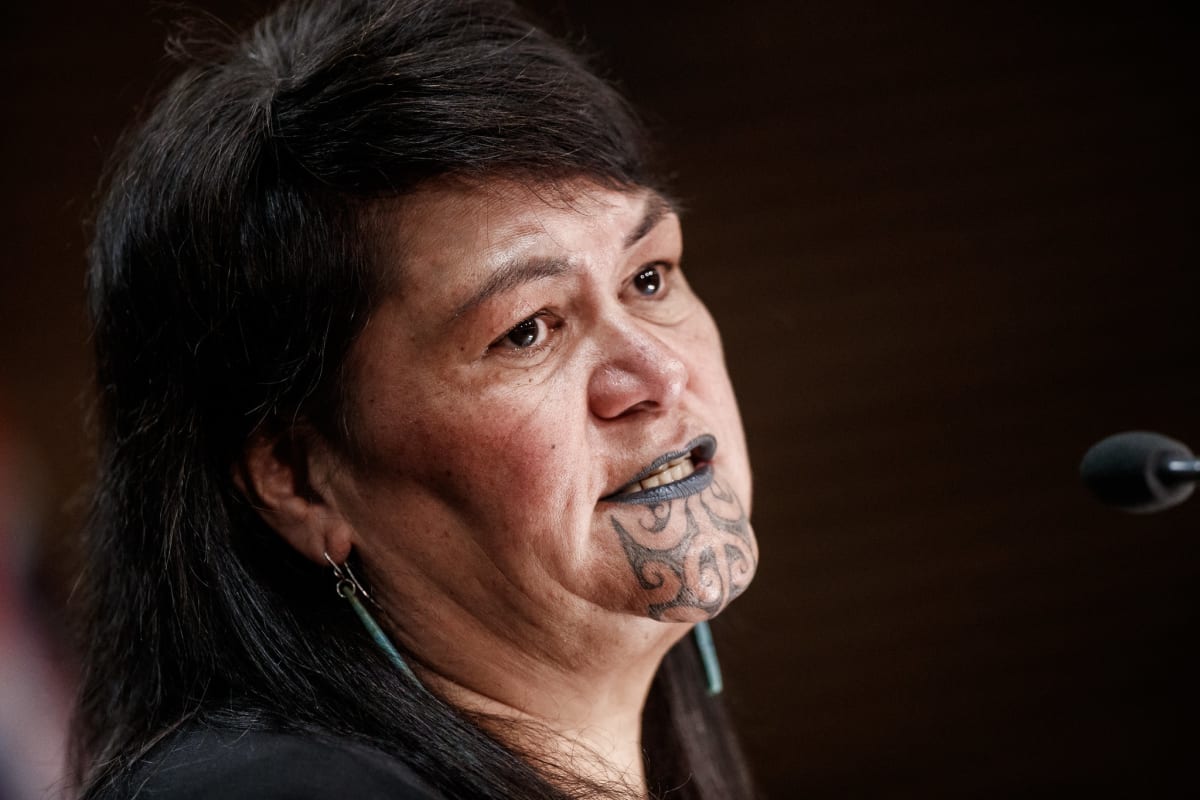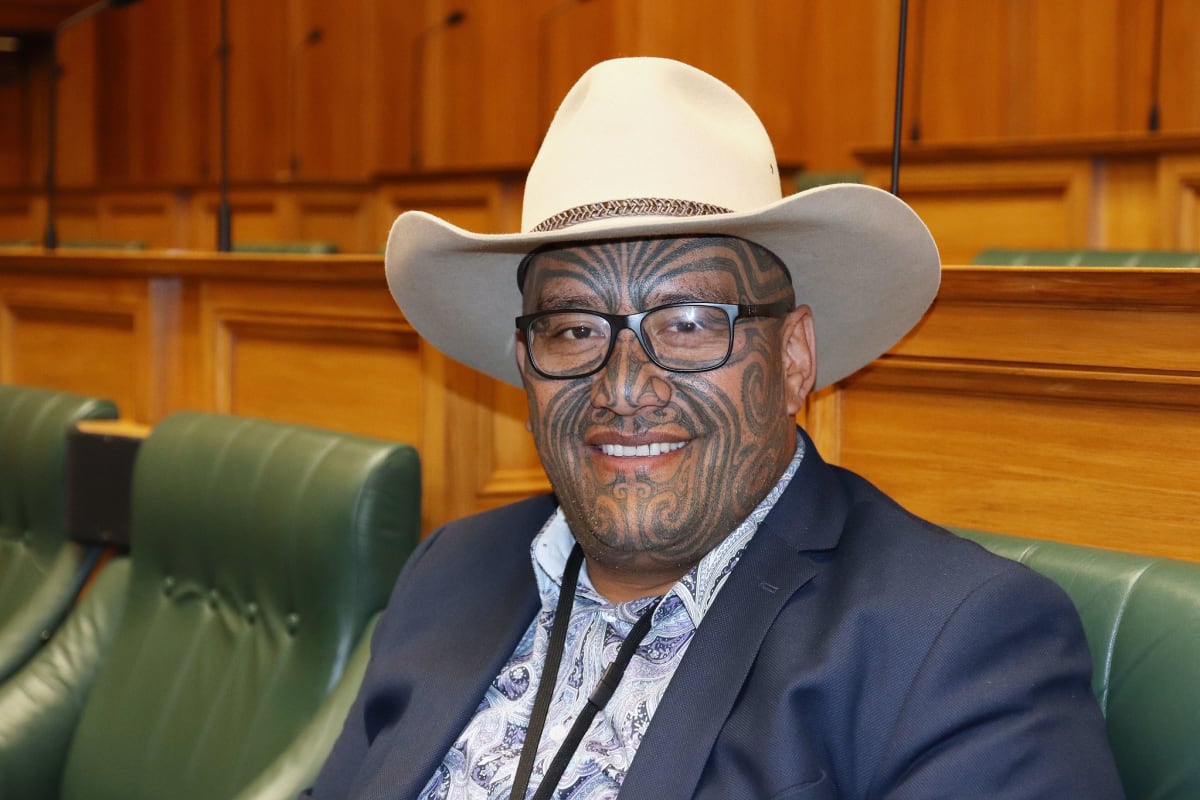
MPs express disgust at Vladimir Putin's actions, and concern about the state of the United Nations, as New Zealand implements its first unilateral sanctions
Russian politicians and oligarchs linked to the invasion of Ukraine will soon be hit by sanctions from New Zealand, after Parliament unanimously backed action and set the stage for a wider autonomous sanctions regime in the near future.
The Russia Sanctions Bill, which passed into law under urgency on Wednesday, will allow the Government to bypass the approval of the United Nations Security Council and take unilateral action against those involved in waging war – including Russian leader Vladimir Putin himself.
MPs hastily changed the law after Russia used its veto powers on the Security Council to block any action against it, exposing a long-known flaw (or feature, in the eyes of some) of the country’s existing sanctions legislation which required the multilateral body’s approval.
Speaking in support of the bill, Foreign Affairs Minister Nanaia Mahuta said she and the Government were a strong believer in multilateralism and wanted to strengthen the UN, but needed to act swiftly and separately given Russia’s veto.
“As a small country, New Zealand believes strongly in the international rules-based order and the multilateral system, but this time the United Nations Security Council failed us.”
Mahuta said the law would allow the Government to stop people or companies from moving their assets to New Zealand or using those that were already here, as well as preventing ships, yachts and planes from moving through New Zealand territory.
A first tranche of sanctions would be adopted soon, including more extensive travel bans, sanctions on Russian banks, and “potential asset freezes based on decisions with international partners”.
While narrower in scope, the legislation is strikingly similar in parts to the autonomous sanctions bill which the Labour government threw out twice: first after inheriting it as government legislation from its National predecessor, then again last year when National foreign affairs spokesman Gerry Brownlee had his bill drawn from the member’s ballot.

Mahuta acknowledged as much, telling Brownlee: “Some of the characteristics of those sanctions mechanisms will be evident to him, based on the bill that he previously had in the House.”
Speaking after the minister, Brownlee praised her willingness to change tack on sanctions and support “over 50 million people who are potentially suffering the tyranny of Vladimir Putin's Russian boots upon them”.
“We can, effectively, ensure that New Zealand does not become a safe haven for ill-gotten gains from those who might have profited out of the regime of Vladimir Putin, and I hope that our investigations in that regard are extensive.”
At a time when Russia was chairing the UN Security Council while being accused of illegal aggression – an “almost comical sort of situation to be in” – implementing sanctions was the best way for New Zealand to stand up for free and democratic countries, he said.
“I think that New Zealanders will, when they see … that devastation, that human waste, that horrible sort of circumstance arising, and will be quite happy to say, ‘Yep, we're doing our bit.’ Some may even want to say, ‘Let's do more.’”
Green Party co-leader James Shaw drew parallels between the regime of Putin and Adolf Hitler, noting their authoritarian streaks, “ideology of chauvinistic nationalism” and use of propaganda to mollify their own populations.
“We have been the weakest link in the west. We should have been standing with those other countries for liberal democracy, for values of freedom, weeks ago.” – Brooke van Velden, ACT
But while the party supported acting against Russia in this case, Shaw said it had concerns about whether a wider autonomous sanctions regime could undermine the multilateral system.
“The concern [is] that the dysfunction in the Security Council could be used as an excuse by countries to, kind of, essentially, do what they want, to just bypass the UN system in its entirety. We have seen that happen before, particularly with the war on terror.”
The Greens tried but failed to amend the legislation to ensure the minister would “have regard to relevant resolutions of the United Nations General Assembly”, which voted 141 to 5 to condemn the Russian invasion, on the grounds that such a clause would uphold the parts of the multilateral system that were working.
Act deputy leader Brooke van Velden said that while the UN had failed, that had not stopped other nations from acting independently to stand up against Russia’s aggression.
“We have been the weakest link in the west. We should have been standing with those other countries for liberal democracy, for values of freedom, weeks ago.”
The Government needed to pass wider autonomous sanctions legislation, van Velden said, as Russia could be just the first among authoritarian states to declare war and violate the sovereignty of others.
“It could be Ukraine today, and Taiwan tomorrow. We need to send a signal that we will fight back.”

Te Paati Māori co-leader Rawiri Waititi said his party also backed the bill, as upholding the international rule of law was important for all sovereign peoples including indigenous populations.
However, Waititi said Aotearoa should be consistent in applying sanctions in future and take action against “any imperial power illegally invading a sovereign nation”.
“Why did our successive New Zealand governments not condemn the illegal US invasion of Afghanistan and Iraq, or Israel's illegal occupation of Palestine? Rather than condemn the United States for their illegal, imperial invasion, we've supported them with troops, with training, with intelligence. This must end.”
Mahuta indicated earlier this week that Cabinet would consider a paper on a broader sanctions regime in the coming weeks, a commitment she reiterated on Wednesday.
“It's my intention to steward through in the coming weeks — and it has always been a process for me — an approach to looking at our human rights tool kit and, within that context, where an autonomous sanctions regime would best fit.
“We would firmly locate human rights at the core of that approach, alongside the rest of the tool kit that New Zealand has available to it, but we would also modernise the way in which these sanctions can apply.”
A broader piece of legislation would also need to include “more fulsome” engagement and consultation than had been the case with the Russia bill, she said.
MPs were at pains to condemn broad anti-Russian sentiment within the community over Putin's invasion.
Brownlee noted that many people had consciously chosen to move away from his regime, while Shaw said: "What we want to send them is a very clear message that we know that this war is Putin's war. It is not the war of the Russian people."







